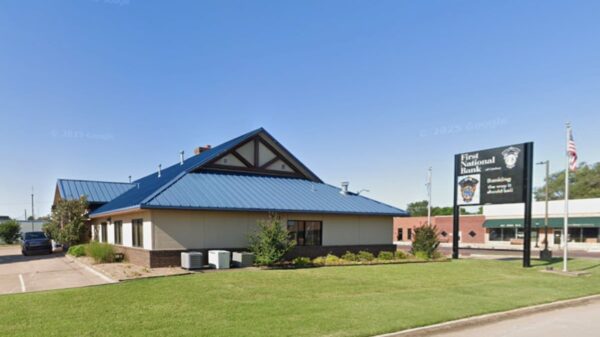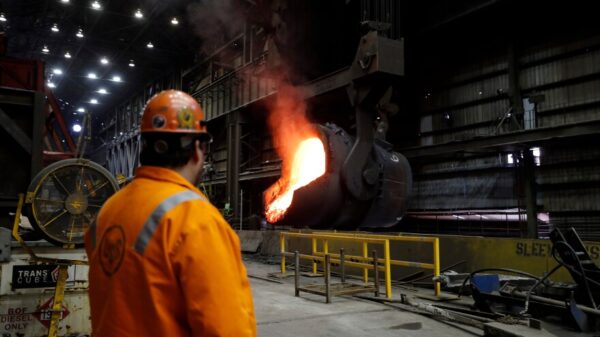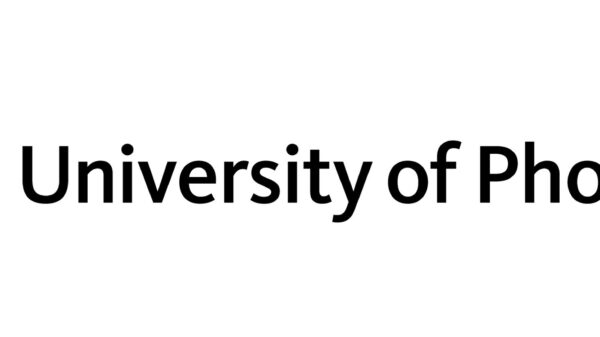The economic impact of Pennsylvania’s independent and private colleges is substantial, with a recent report revealing that these institutions contributed approximately $29 billion to the state’s economy in 2024. The report, commissioned by the Association of Independent Colleges and Universities of Pennsylvania (AICUP), underscores the vital role these colleges play not only in education but also in local and state economies.
According to the AICUP report released on March 4, 2024, when factoring in member-owned teaching hospitals like the University of Pennsylvania and Drexel University health systems, the total economic contribution rises to an impressive $65.6 billion. The study also highlights the significant educational output, with AICUP institutions conferring 77,000 degrees annually.
The findings illustrate that AICUP member colleges generated more than $1.5 billion in state and local taxes and supported approximately 195,120 jobs throughout Pennsylvania. Additionally, the 279,000 students enrolled in these institutions contribute around $5.3 billion in spending each year, helping to sustain numerous communities across the state.
Key Contributions to Education and Community
The report details the educational achievements of AICUP members, noting that they confer a significant percentage of the state’s degrees in critical fields. For instance, these colleges account for 69% of Pennsylvania’s nursing degrees, 45% of teaching degrees, 58% of STEM degrees, and 53% of all four-year degrees. Furthermore, the student body reflects a diverse demographic, with AICUP institutions enrolling 46% of the state’s Pell Grant recipients and 55% of all minority students.
In terms of philanthropy, AICUP members contributed $200.5 million in charitable giving, which includes the estimated value of $149 million from volunteer hours. This philanthropic effort is complemented by numerous partnerships with local businesses and community organizations, which further enhances their impact.
Chris Domes, president of Neumann University, emphasized the powerful message of the AICUP report for various stakeholders, including policymakers and the business community. “This is a powerful, impactful set of institutions with terrific outcomes,” Domes stated, highlighting the essential role these colleges play in the local economy. Neumann, with an enrollment of approximately 2,400 students, contributes about $163 million to its local community in Delaware County.
The Broader Economic Landscape
The economic significance of higher education in Pennsylvania is noteworthy, representing the fifth-largest industry in the state, according to the Pennsylvania Chamber of Business and Industry. Emily Wadhwani, senior director at Fitch Ratings, noted that the report challenges the notion that only public colleges contribute to the state’s economy. It underscores the mutual benefits that collaboration between institutions, legislators, and employers can yield.
A 2019 report from the Federal Reserve Bank of Philadelphia illustrated the interconnectedness of education and health sectors in the region, stating that the Philadelphia metro area alone hosts about 500,000 jobs related to education and healthcare. This relationship between the “eds-and-meds” sectors spans various communities, from urban centers like Philadelphia to college towns such as State College and smaller cities like Bloomsburg.
Domes remarked on the importance of Pennsylvania’s independent colleges in attracting talent from both within the state and beyond. “We are very fortunate in this state to have such an incredible higher educational system,” he said, emphasizing their role in shaping the workforce and community dynamics.
The findings from the AICUP report paint a compelling picture of the indispensable role that independent colleges and universities play in Pennsylvania, not just as educational institutions but as economic engines fueling growth and opportunity across the state.




































































